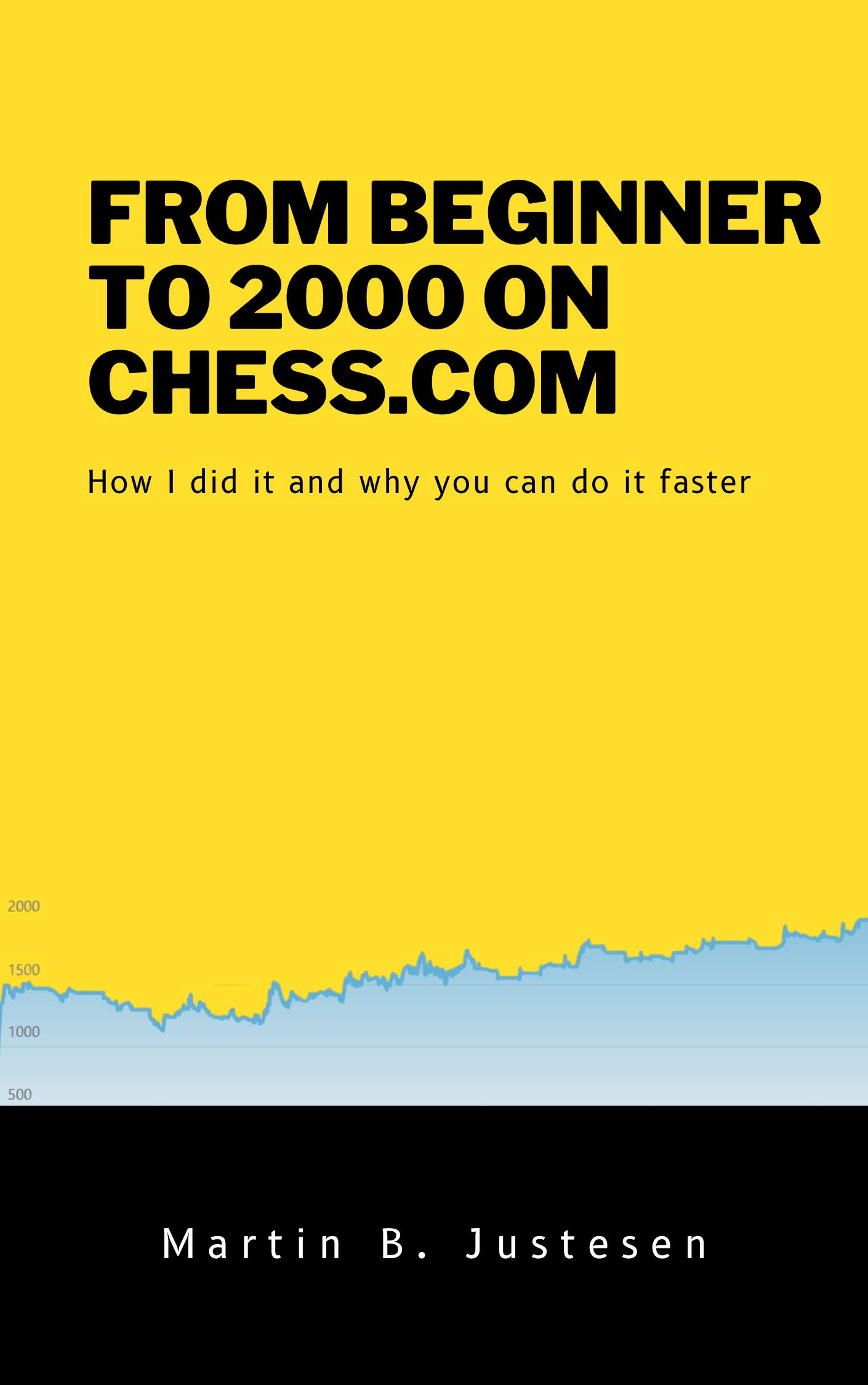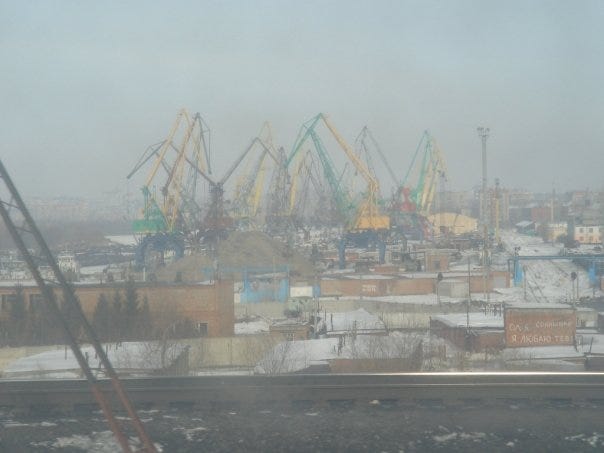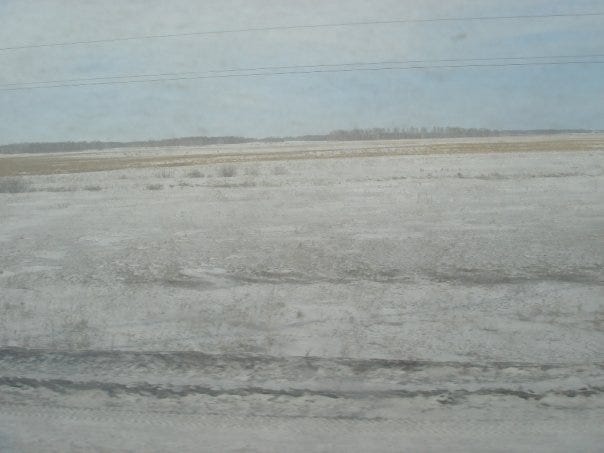Hi everyone,
I have decided to start writing another chess book and publish it in parts here on Substack. Hopefully, I can get some constructive feedback in the process that will improve the final outcome.
It will be based on one of my most popular posts so far has been:
The popularity of the post has made me think about expanding my thoughts about how I got from a beginner to a 2000 blitz rating on chess.com and turning it into a book.
The idea in short is to write chapters for the book here on Substack. Get your feedback, and eventually publish it on Amazon. So please comment and give me suggestions for improvements in the process.
We will start with the beginning and the introduction.
Introduction - The Trans-Siberian Railway And Chess
The Trans-Siberian Railway is one of the most remarkable feats of engineering and human endeavor in history. Stretching over 9,000 kilometers from Moscow to Vladivostok, it connects the vast and diverse regions of Russia and beyond. It took more than 25 years to complete, from 1891 to 1916.
When I was 19 I spent a year saving for the trip together with two good friends. We planned to travel together from Moscow to Beijing on the Trans-Siberian Railway, or more precisely the Trans-Mongolian Railway that ends in Beijing. The dream was to go across the continent on its rails, seeing the landscapes change from forests to steppes to mountains.
It was also around that time I started to get interested in chess. I hadn’t played chess as a child, besides a few casual games. My dad played chess in his youth and once lost quickly to Bent Larsen in a simul, but we rarely played the game. As a young adult however I rediscovered the game online. At this time chess.com was not even founded, YouTube had only just launched and had very limited chess content. I vaguely remember following Yasser Seirawan commenting on the FIDE World Chess Championship 2005 in Potrero de los Funes, with players such as Topalov, Anand, Svidler, Morozevich, Leko, and Judit Polgar.
By now you might be thinking what has the Trans-Siberian Railway to do with chess improvement?
It is a very long journey. When we booked the trip we decided that one stop along the way was what we could afford, so we had a two-day stay in Ulan Bator in Mongolia before the last leg to Beijing. It took six days without any stops to travel from Moscow to Ulan Bator!
Similarly, reaching a 2000 blitz rating on chess.com is a long and challenging journey for most adult chess players. When you start out you might be optimistic and think you will get there in no time, but then reality hits, and the journey is a lot longer than you had planned out. A 2000 blitz rating will actually place you in the top 0.5% of chess players on chess.com or the 1 outlier out of every 200 chess players on the platform.
I of course realize that there are a lot stronger players than me out there, but this book will hopefully give new perspective on chess improvement.
A perspective from a practitioner, who started learning the game as an adult.
You might also experience long plateaus along the way. On our train journey through Russia, we had days where we only saw a mundane scenery of frozen steppes combined with patches of forest. Likewise, you need to learn to accept long periods on the plateau, where you will not see any noticeable improvements in your rating and still find enjoyment in working on your chess skills.
For the journey, I had packed a travel chess set. I was better than my friends, so we played 1 vs 2. Time on the train almost felt infinite and we played without any time limits. Sometimes my two friends discussed a move for what felt like hours. It was a good introduction to the depth of chess, and I started to see it as superior to other strategy games.

I started to see chess could be a way of thinking, a challenge, and an art form. When I came home from 3-months of backpacking in Asia I started to study the game more frequently.
In 2022, 16 years after playing chess with my friends on the train to Beijing, I managed to reach a 2000 blitz rating on chess.com. It was a long grind to get there, in the meantime, I had finished my history studies, found a wife, a job as an archivist, got a house, and had four kids.
In this book, I will share what I've learned along the way, hoping that you can learn from my mistakes and the lessons I learned, so you can make faster progress toward your chess goals.
When you go on a journey it is always useful to share notes with others who traveled the same route. Here are my notes.
/Martin






Nice idea! I would love to read this book!
When I was younger I also wanted to travel on the Trans-Siberian Railway from Moscow to Vladivostok and then to return by Siberian Airlines (great name!), but I did not have money at that time.
Looking forward to reading it!